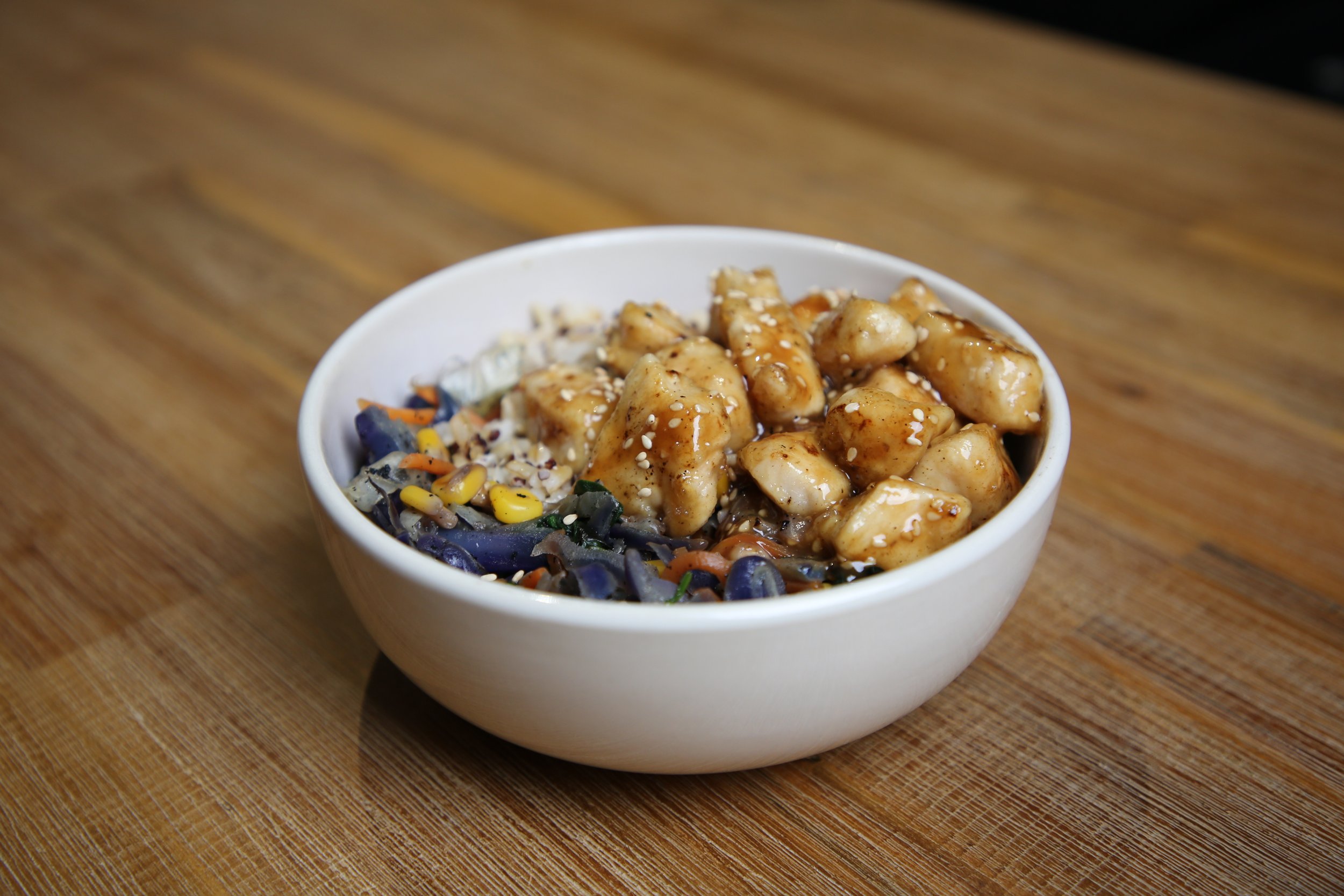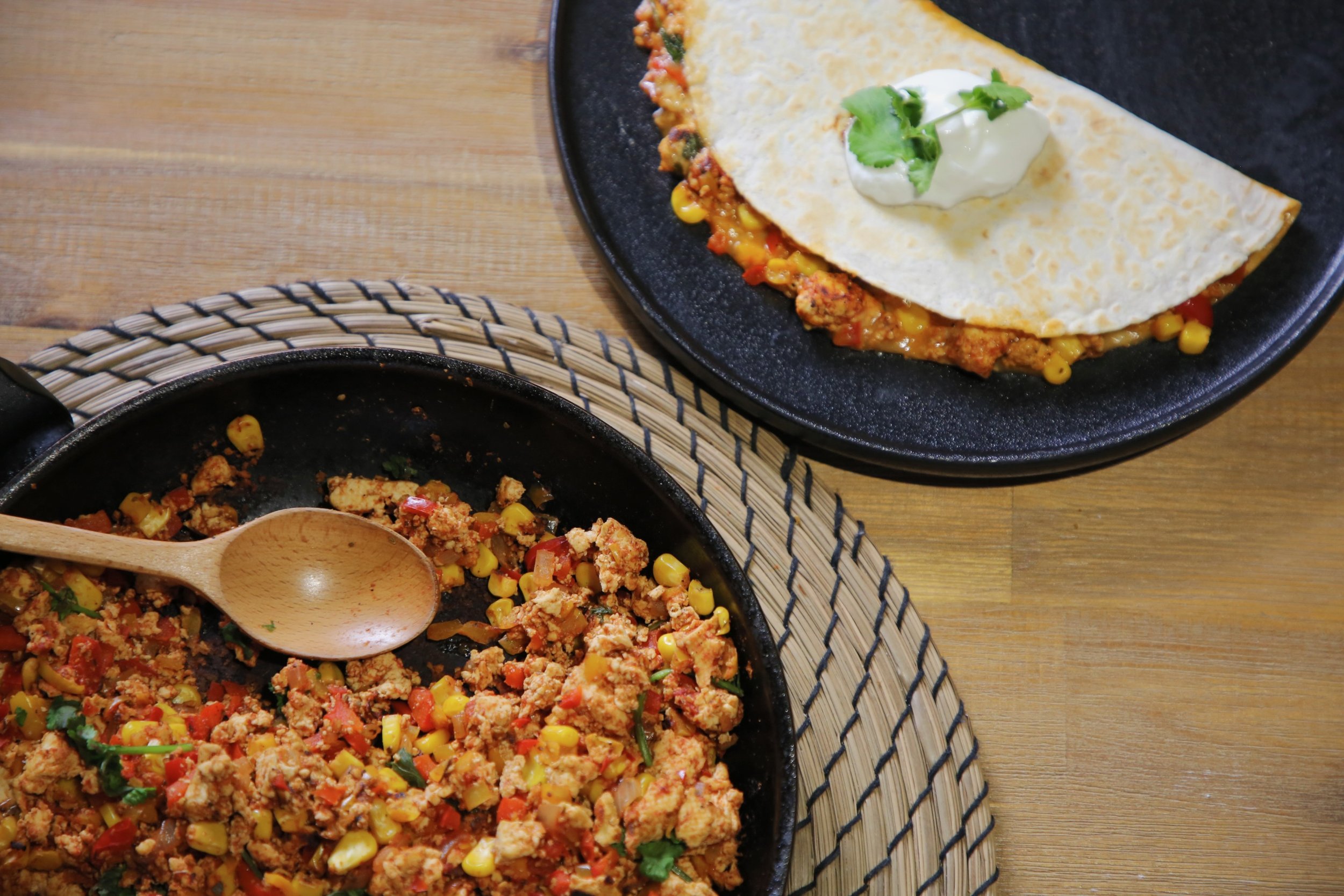Plant-based Nutrition
What is plant-based nutrition?
Plant based diets are dietary practices that primarily composed of plant-sourced products. However, animal products (including meats) can still be a part of a plant-based diet but only in a very small amount.
What are some popular plant-based diet?
Vegan
Vegetarian
Ovo-lacto vegetarian
Semi-/flexi-tarian
Pescatarian*
Traditional mediterranean diet*
DASH diet*
*when small amount of animal sourced products are consumed in the dietary pattern.
Plant-based diets primarily consist of plant-sourced products, with minimal inclusion of animal products, such as meats. Popular plant-based diet variations include:
Vegan
Vegetarian
Ovo-lacto vegetarian
Semi-/flexi-tarian
Pescatarian*
Traditional mediterranean diet*
DASH diet*
*when small amount of animal sourced products are consumed in the dietary pattern.
These dietary patterns offer numerous benefits, which you can read more here.
What are some common nutrition concerns in plant-based diet?
Nutrition deficiencies - Vitamin B2, B12, iron, calcium zinc, etc.
Protein adequacy - getting enough protein from high quality protein sources
Sports nutrition - struggle to meet needs through a plant based diet
Social eating - eating out and going to parties
Childhood nutrition - higher nutritional demands and energy density for children in different developmental stages
Practical considerations - cooking, food preparation, eating in omnivore a family, etc.
Why working with a dietitian?
Dietitians are medically-trained nutrition professionals, and the only professional that is qualified to provide individual dietary consultation at the moment (Click here to read about dietitian and nutritionist). Dietitians are trained to provide medical nutrition therapy and one-to-one personalised dietary advice. We take in consideration of one’s lifestyle, dietary habits, preference and goals to tailor our nutrition strategies.
What does working with Timeless Dietetic dietitian look like?
-
You will be invited to fill in a survey before the consults, including your health history, family history, current situation, goals
For elite athletes: You might be asked to provide a training program, body composition assessment (if available) and food diary
-
Discuss and understand your goals, living situation, lifestyle, potential motivators and barriers.
Perform assessment on health indicators, training schedules and goals, usual dietary intake.
Provide professional feedback on your diet, and identify areas that can be improved to help achieve your goal.
Discuss the most relevant nutrition topic that can help with the current situation and those you are interested in.
In collaboration with you, set small but impactful nutrition goals, homework and challenges.
Recommend what else you can do in the future and a recommended review timeframe if you would like to continue.
Provide you with a tailored nutrition information package to takeaway.
-
Review the effectiveness and practicality of previous goals/homework/challenges.
Review and track any progress indicators.
Reassess any changes in health indicators, training and dietary intake.
Discuss the most relevant nutrition topics and those you are interested in.
In collaboration with you, adjust the previous intervention that did not work well or develop a new strategy.
In collaboration with you, develop new strategies to improve your health and progress.
Provide you with a tailored nutrition information package to takeaway.































